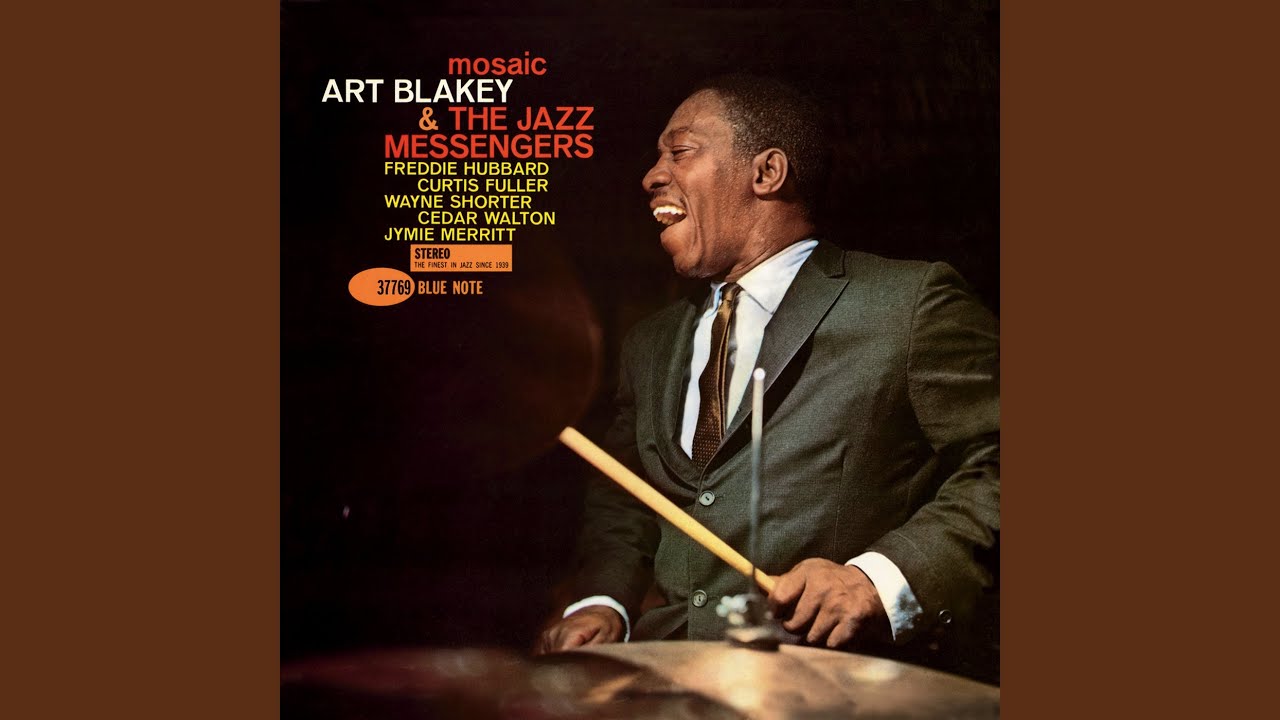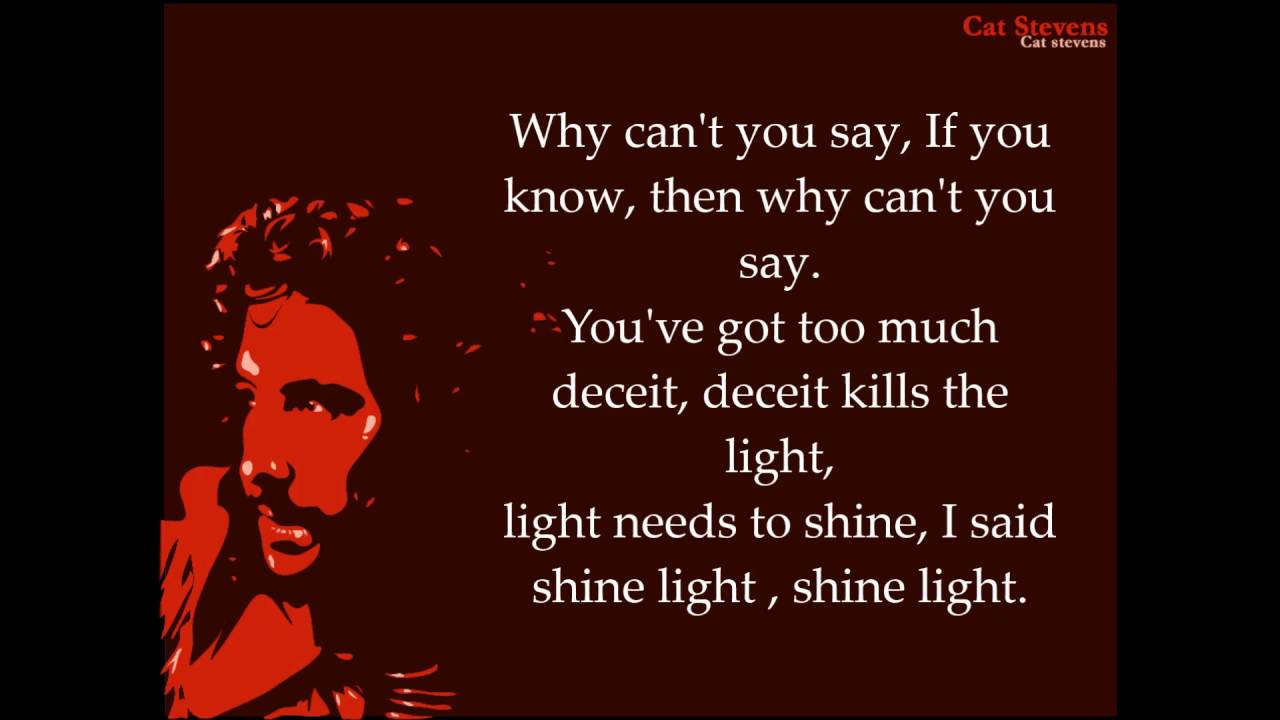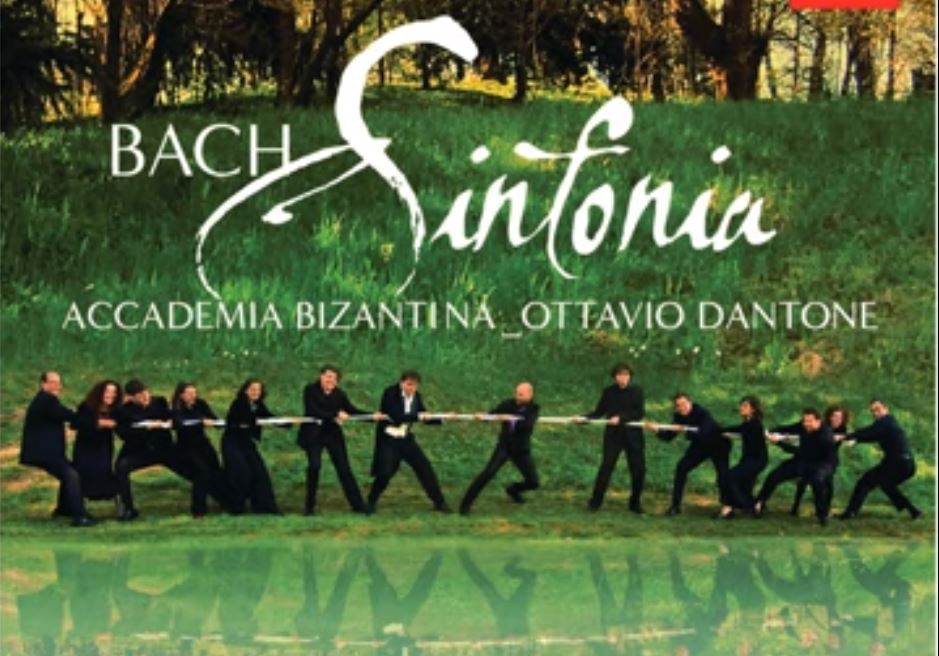My love of jazz was cultivated over years, noticing that I studied better with songs that didn’t have lyrics. Not that I don’t appreciate great lyrics, but it frees my mind to focus more on the tones, and also the “work” I am trying to do. I never studied in the library – quiet as you might guess is not a pleasant companion. I needed really loud music, and in my era, that meant over the ear headphones, which in this new season have returned. Having my music rattling only my head, and not the rafters, has probably saved my marriage.. and came from the area of Delegation I want to explore today – Feedback.
Back to the Cube, Feedback is what turns the cube elements until you have a better fit. It is what closes the gap between A and Z.. and ensures that both parties are actively involved in observing what is working, and what is not. Having the courage to have that dialog in a consistent way separates great leaders from not, and involves observing HOW to give the feedback that is needed for this person. In the case of the headphones, while it was great to have 8 speakers blaring for me, not so much for my wife. She knew I enjoyed the music, but also with me home more, the thin/non-existent insulation in our walls meant she was getting to enjoy it too 😉 Bringing it up over our daily lunch one day reminded me I had some great headphones tucked away, and the remaining months of the summer have been “quieter”, at least for her 😉
If you watched Ken Burn’s great documentary on Jazz, you know that one of the basic elements of Jazz is it is almost entirely improvisational. “It is incredibly draining to start from ground zero every day, and, truly create something that is as close to a masterpiece by midnight”. In today’s piece, like most, it starts with a simple premise from the Bass, and then soon each of the other instruments come in and supports that “thesis”. Then, each takes their own particular ‘view’ of the thesis – a ride is what they call it. Interpreting within the parameters set out – the key, the rhythm, the structure – and then twisting them to make it different, interesting… and yet all coming back together…
… is exactly what leadership looks like, at least to me. I was working with a highly dysfunctional team, mostly because the leader was SO out of touch with the realities of what was happening. He couldn’t observe what was – he was caught up with what he wanted to see… and therefore didn’t deal with the actual performance issues that were at the heart of the issues. He even said he wanted them “… to be a great jazz group”… and I immediately thought “…when they are literally in different keys…”. At the heart of the team’s problem was a lack of observation – they knew that no one was watching, and assumed that they could each play their own part. They also were not communicating with each other – assuming that telling the leader would be passed to others. As I fed back what they had told me, the looks of surprise about what each needed from the other groups, and ease with which they started to work together… seemed like a breakthrough, but was not sustained by any of the “players’…. and leader was eventually fired… a very discordant ending.
… as you listen today, observe how the music passes around the group. Sometimes they are all playing, and other times the “lead” is passed, and everyone else provides support. And there is always a cue for them to come back to the main theme of the piece. All of this comes from observation – keenly listening and seeing each other at work, and nodding/giving Feedback that it is time. It is also about spending time together – as with the headphones, because we talked daily over lunch, this conversation was easier/more natural as it was not the typical once a year “performance” review. In your own leadership, think about places you need to be more aware, to observe more clearly what is… not what you want to be. It is better to do this before the team and you find at…. Crisis.




